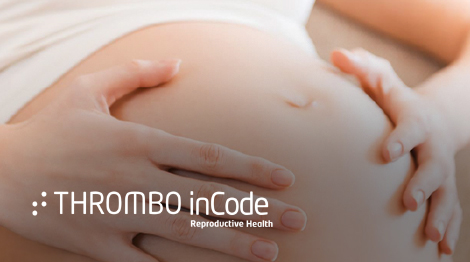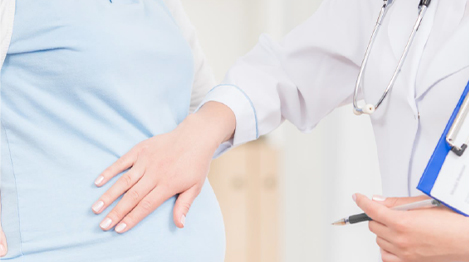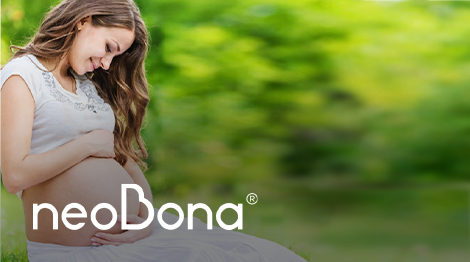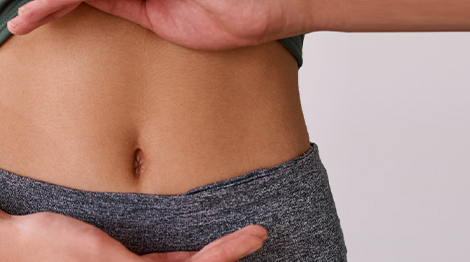neoBona
The new generation of non-invasive prenatal screening
Why undergoing this examination?
Conventional first-trimester screening allows the detection of the most common chromosomal abnormalities in the fetus during pregnancy. This type of screening is primarily aimed at detecting Down syndrome (T21), Patau syndrome (T13), and Edwards syndrome (T18), with a sensitivity between 85-95% for these syndromes and a false positive rate of <5%. Technological advances in DNA analysis have led to the development of non-invasive prenatal screening (NIPT) exams based on the study of free fetal DNA in maternal blood, capable of studying different chromosomal conditions with higher sensitivity and specificity without posing risks to the mother and the baby.
What is this exam?
NeoBona is a non-invasive neonatal screening test that allows the detection of fetal chromosomal abnormalities from a single sample of maternal blood. In addition to NeoBona having higher sensitivity and specificity rates than conventional first-trimester screening exams, with values above 99%, it also has a false positive rate of less than 0.1%, avoiding unnecessary invasive procedures.
NeoBona – Aneuploidies of chromosomes 21, 18, and 13 + sex determination
- In case of a positive result for 13, 18, and 21, a free QF-PCR confirmatory test is performed.
Note: In cases of twin pregnancies, if the presence of the Y chromosome is detected in fetal sex determination, it should be considered that at least one of the fetuses is male.
NeoBona Genomewide – Aneuploidies of all chromosomes, CNVs + sex determination
- In case of a positive result for 13, 18, 21, X, and Y, a free QF-PCR confirmatory test is performed;
- In case of copy number alterations (duplications/deletions) >7 Mb, a free SNP array confirmatory test is performed.
Note: In cases of twin pregnancies, it is not possible to analyze aneuploidies in the sex chromosomes (X and Y). In case of the detection of the Y chromosome presence, as well as high risk for any aneuploidy, it is known that at least one of the fetuses has the respective result.
For whom is it indicated?
- Pregnant women with at least 10 weeks of gestation (≥10+0/7) in the following situations:
- Singleton or twin pregnancies;
- IVF pregnancies;
- Gamete donation;
- Resorbed twins.
Technology
Next-generation sequencing (NGS) paired-end and TSCORE Algorithm (Trisomy Score) developed exclusively to enable the identification and precise quantification of the fetal fraction.
neoBona
The new generation of non-invasive prenatal screening
Conventional first-trimester screening allows the detection of the most common chromosomal abnormalities in the fetus during pregnancy. This type of screening is primarily aimed at detecting Down syndrome (T21), Patau syndrome (T13), and Edwards syndrome (T18), with a sensitivity between 85-95% for these syndromes and a false positive rate of <5%. Technological advances in DNA analysis have led to the development of non-invasive prenatal screening (NIPT) exams based on the study of free fetal DNA in maternal blood, capable of studying different chromosomal conditions with higher sensitivity and specificity without posing risks to the mother and the baby.
NeoBona is a non-invasive neonatal screening test that allows the detection of fetal chromosomal abnormalities from a single sample of maternal blood. In addition to NeoBona having higher sensitivity and specificity rates than conventional first-trimester screening exams, with values above 99%, it also has a false positive rate of less than 0.1%, avoiding unnecessary invasive procedures.
NeoBona – Aneuploidies of chromosomes 21, 18, and 13 + sex determination
- In case of a positive result for 13, 18, and 21, a free QF-PCR confirmatory test is performed.
Note: In cases of twin pregnancies, if the presence of the Y chromosome is detected in fetal sex determination, it should be considered that at least one of the fetuses is male.
NeoBona Genomewide – Aneuploidies of all chromosomes, CNVs + sex determination
- In case of a positive result for 13, 18, 21, X, and Y, a free QF-PCR confirmatory test is performed;
- In case of copy number alterations (duplications/deletions) >7 Mb, a free SNP array confirmatory test is performed.
Note: In cases of twin pregnancies, it is not possible to analyze aneuploidies in the sex chromosomes (X and Y). In case of the detection of the Y chromosome presence, as well as high risk for any aneuploidy, it is known that at least one of the fetuses has the respective result.
- Pregnant women with at least 10 weeks of gestation (≥10+0/7) in the following situations:
- Singleton or twin pregnancies;
- IVF pregnancies;
- Gamete donation;
- Resorbed twins.
Next-generation sequencing (NGS) paired-end and TSCORE Algorithm (Trisomy Score) developed exclusively to enable the identification and precise quantification of the fetal fraction.
Advantages
SYNLAB GROUP
Guaranteed by the experience of the absolute European leader in laboratory diagnostics.
COMPLETE
- High sensitivity above 99%;
- Detection of changes in low fetal fractions from 1% and retest rates below 1.5%;
- Free confirmatory QF-PCR test if any risk for the assessed chromosomal abnormalities is detected (T13, T18, T21, X, and Y). The analysis is performed by sending material from an invasive procedure (amniocentesis).
Extra Information
DOCUMENTATION – Available on the SYNLAB Direct for clients
- Informed Consent;
- Clinical Questionnaire;
- Medical prescription.
PREPARATION
- Fasting is not necessary for the test.

Delivery Time
5 business days

Sample Type
10mL whole blood in a specific tube provided by Synlab












